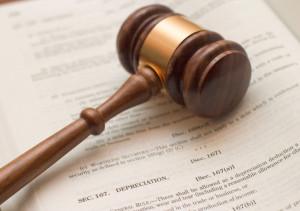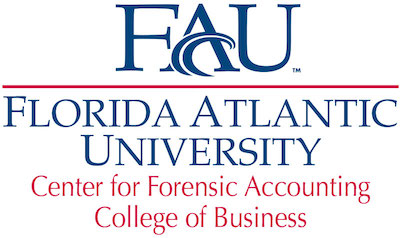 On February 16, 2017 the Florida Supreme Court issued a ruling that appears to have rejected the Daubert evidential standard for expert witness testimony in Florida courts. The Daubert criteria became the standard for expert opinions in federal courts in the 1990s and has been adopted by many, reportedly by a majority, of the states for their state courts. It became the standard on expert witnesses in Florida courts several years ago after the Florida legislature amended the Florida Statutes in 2013. With a rejection of Daubert, the evidential standard for experts in Florida courts appears to revert to Florida’s older Frye standard.
On February 16, 2017 the Florida Supreme Court issued a ruling that appears to have rejected the Daubert evidential standard for expert witness testimony in Florida courts. The Daubert criteria became the standard for expert opinions in federal courts in the 1990s and has been adopted by many, reportedly by a majority, of the states for their state courts. It became the standard on expert witnesses in Florida courts several years ago after the Florida legislature amended the Florida Statutes in 2013. With a rejection of Daubert, the evidential standard for experts in Florida courts appears to revert to Florida’s older Frye standard.
The implications are significant for expert witnesses in Florida state courts. The Daubert standard prescribes a more rigorous evidential test compared to Frye for courts to determine the admissibility of an expert’s opinions. Prior to Florida’s adoption of Daubert several years ago, Florida courts applied Frye as the standard for expert testimony. Now, it appears that Florida courts go back to the older Frye test. As a result, experts are less likely to have their opinions rejected by Florida courts as inadmissible. The Florida Supreme Court ruling summarizes Daubert as “the trial judge must ensure that any and all scientific testimony or evidence admitted is not only relevant, but reliable.” In contrast, the less-strict Frye test specifies a lower standard for courts that a principle or discovery used in an expert’s opinion “must be sufficiently established to have gained general acceptance in a particular field in which it belongs.”
Under the Daubert standard, a court often scrutinizes an expert’s opinions at a pretrial hearing that could be a “mini trial” were a judge might hear evidence and argument and then rule that all or some portion of an expert’s opinions are admissible or inadmissible. Reportedly, it became routine, more or less, for lawyers to file Daubert motions (or motions in limine applying the Daubert test) on an expert hoping to preclude them from testifying later at trial before the jury. By reverting to the Frye test, it is less likely that a judge will prevent an expert from testifying before the jury.
This new ruling has no implications for experts testifying in federal courts.




Leave A Comment
You must be logged in to post a comment.